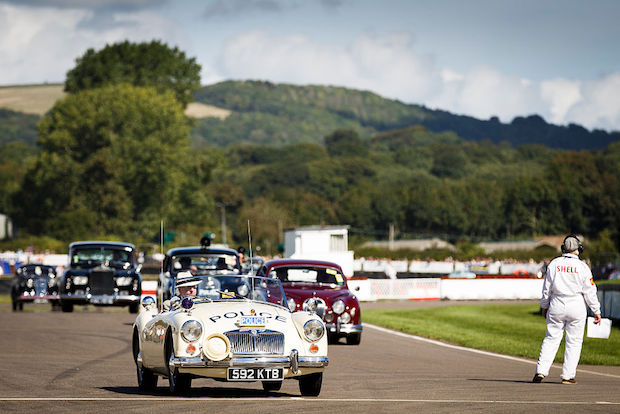To a classic car buff, nothing can beat the sheer joy of owning one for yourself. But is there actually any investment value in them? That’s the question Henry Jeffreys posed in the pages of Spectator Money back in 2016. It’s a difficult one to answer; he discovered that in recent years, classic cars have been so popular that they’ve harmed their own value slightly. As former Top Gear presenter Quentin Willson explained to Jeffreys, there have been ‘too many people getting involved without the requisite knowledge’.
Most people who buy a classic car, however, don’t think about it in terms of its future value – although they probably do factor that into the equation. They buy a car because they love it, and want to enjoy working on it or spending days out in it – not to leave it to moulder in a garage for twenty years.
A new study from Classic Trader – an international online market place for classic cars – has come up with some interesting data that might be worth bearing in mind if you either already own a classic car, or are thinking of buying one. Much of the data appears to correspond with what Jeffreys found in his piece; that lots of people who know little about vintage cars have ended up owning one.
41 percent of those surveyed and who stated that they had bought more than three vintage cars in their life also stated that they had never sold a classic car before, indicating that more people are buying into the market with little knowledge. This seems to have created more deception in the market; nearly 35 percent of car buyers interviewed said they had been deceived once before while buying a car. 70 percent of these deceptions had happened when purchasing in UK, while 44 percent said this had happened abroad. So what exactly counts as ‘deception’? More than 80 percent of all concerned buyers had purchased a vehicle with defects that were not visible at the time of purchase; others mentioned concealed accidental damage (33%), and speedometers that had been tampered with (18%).
It’s also worthwhile being careful when you pay for your vehicle; car buyers mention experiencing problems with making advance payments on cars which don’t exist, and issues with fake papers. In fact, one in four of those surveyed perceived the greatest danger when selling vintage cars as being in handling the payment.
That’s not to say that you should be put off from buying a classic car. Simply make sure that you keep your wits about you when doing so. If you don’t really know what you’re doing when it comes to the ins and outs of the mechanics, take someone with you who does. When it comes to the payment stage, be wary of carrying too much cash on you. And, if you can, try your very best to make sure that the person you’re dealing with is reputable – and, indeed, that they actually exist. A classic car might look lovely on your driveway, but it’s not worth being conned for the pleasure.







Comments